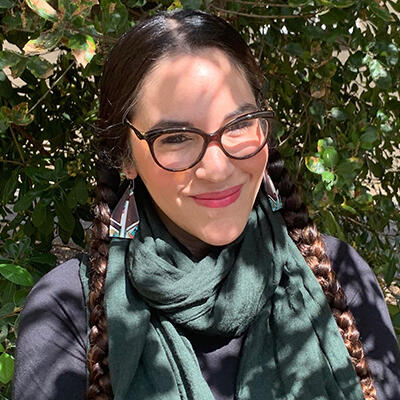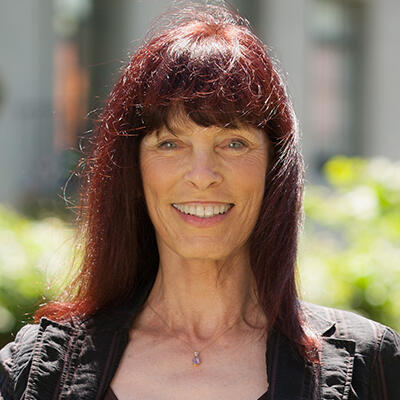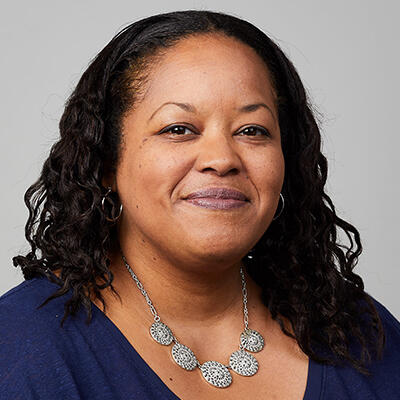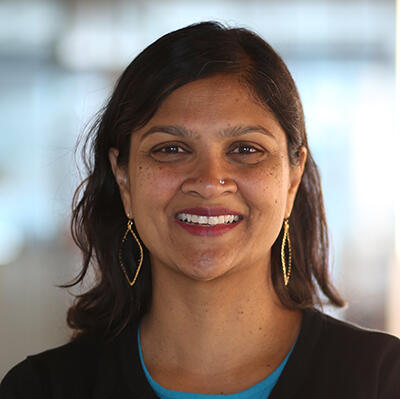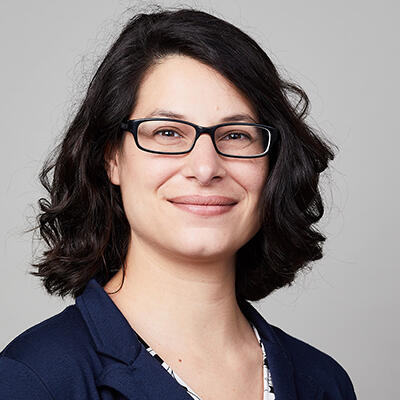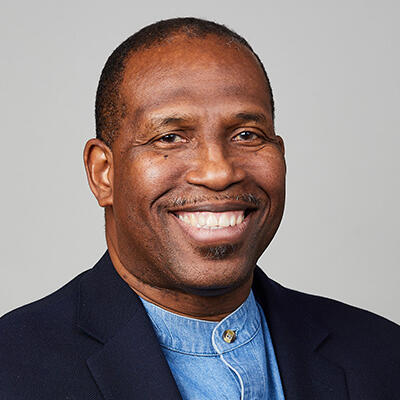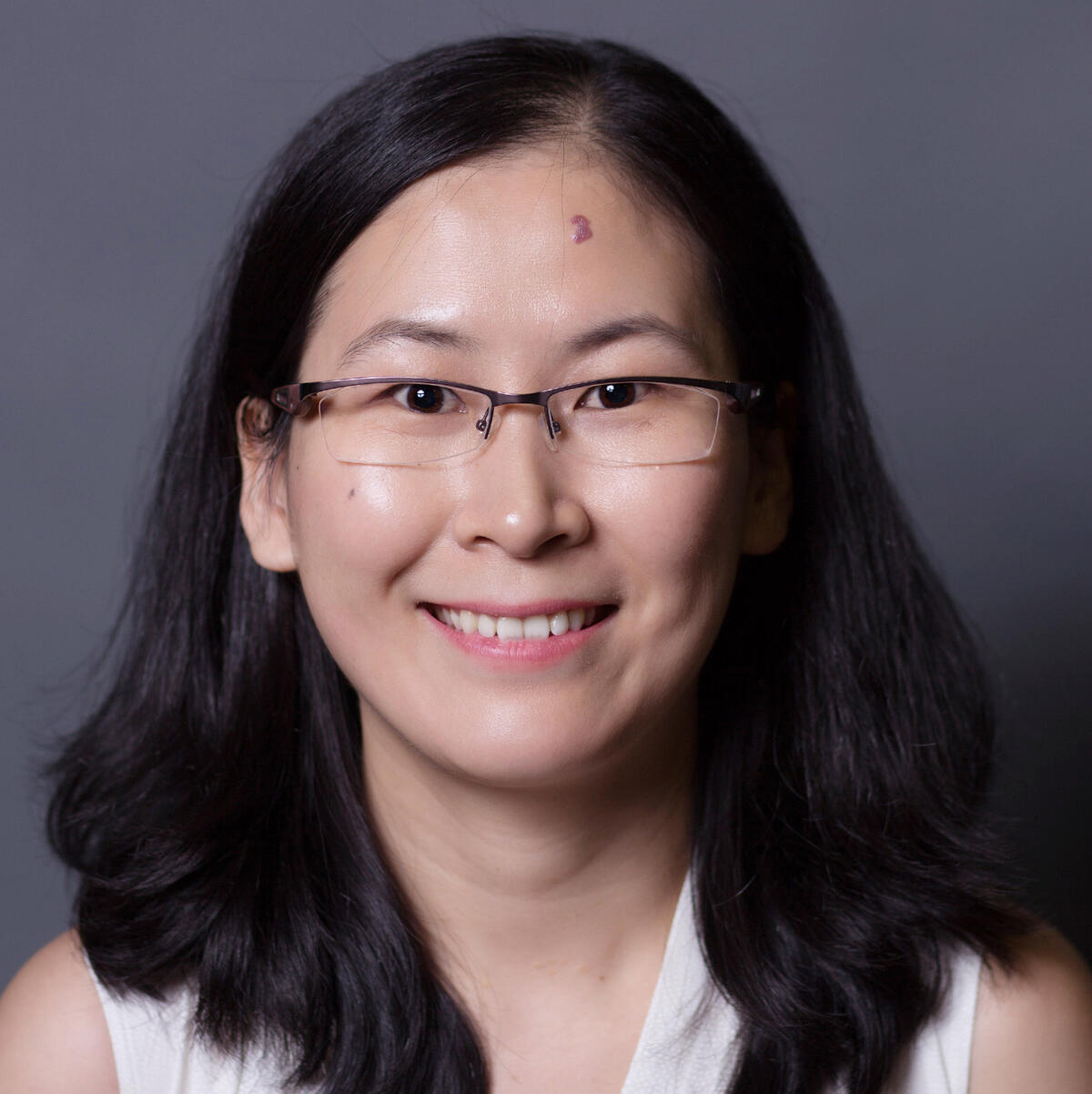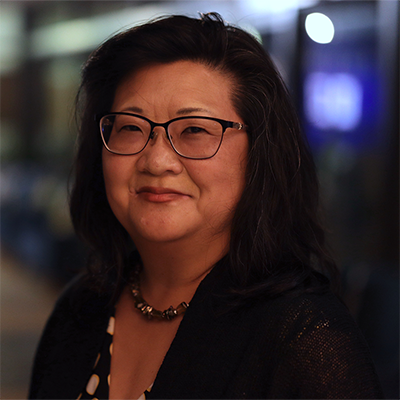What is LEAD EdD?
The success of our democracy relies on equitable schools, which in turn rely on transformational system leaders. To this end, UC Berkeley’s educational doctorate, Leaders for Equity and Democracy (LEAD), engages passionate, equity-conscious, practicing leaders with the theories, research design principles, operational capacities, and networks they need to effect large-scale change in education. Importantly, at the end of the three-year, transdisciplinary program, graduates leave exceptionally prepared to design liberatory educational systems. Such leaders are committed to and capable of realizing our potential as a nation - an inclusive America focused on uplifting the brilliance of its vibrant, diverse communities.
LEAD’s big ideas
- To lead the system, you must see the system.
- You can’t solve cross-sector problems with single-sector solutions.
- You either design for equity or you perpetuate inequity.
- A leader is a steward of the public good.
- System leaders think slowly.
- Leadership is an embodied practice.
What sets us apart?
- LEAD is a rigorous AND supportive three-year doctoral program, priding itself on exposing working practitioners to intellectually stimulating content and assignments while ensuring they have the resources they need to complete their research and graduate within normative time. Nationally, less than half of those who enter doctoral programs graduate,1 a trend LEAD was designed to disrupt. Like its successful sister program, the Principal Leadership Institute, which supports close to 100% of its students to graduation, LEAD makes a commitment to enrolling students to provide the scaffolding needed to meet success. Click here to see a sample course progression.
- LEAD blends cohort learning with personalized pathways allowing students to dig deeply into issues of leadership development, change management, and identity (personal/professional/ scholar), while providing access to world-class faculty who specialize in specific areas of practice. Because successful system leadership requires cross-sector skills and resources, students also have the option to take courses across the BSE, in Berkeley’s renowned Goldman School of Public Policy and the Haas School of Business, or at partnering institutions, including Stanford University, UC Davis, Harvard University, or Mills College. Click here for sample elective course descriptions.
- LEAD reimagines doctoral students as active designers for equity. In addition to completing coursework, LEADers learn by doing. Students engage in a variety of performative experiences, providing practice in the art of system leadership. Additionally, each student completes two field visits throughout the course of their studies. One field visit will take place within a public education system (e.g., district office, county office of education, Special Education Local Planning Area, public institute of higher learning, etc.), while the other focuses on educational innovation outside of its traditional bounds, allowing practitioners to explore spaces they may not otherwise have the opportunity to experience. Click here for more info on field visits.
- LEAD prepares scholar-practitioners who engage with research to influence practice. LEAD’s dissertations are designed to incorporate rigorous research and scholarship in the quest to bring about different outcomes in the field. This emphasis on translating research to practice leads students to produce dissertations ready for submission to a variety of journals. The dissertation is the third publishable piece most students produce, with two smaller, faculty-supported publication milestones earlier in the program.
- LEAD recognizes that leadership occurs from multiple seats within and across organizations and sectors. Our commitment to equity and democracy necessitates a focus on collectivist decision-making to ensure the full participation of all constituents, and particularly those furthest from opportunity. At the same time, we recognize the need for equity-focused system leaders across a variety of institutions. In addition to preparing students for careers in formal PreK-20 settings, we position our graduates to advance equity throughout the public sector, in mission-aligned nonprofits, through policy or advocacy efforts, and through a variety of global initiatives.
How do I apply?
The admissions window for Cohort 3 has closed. Our next admissions cycle will open in September of 2026. See How to Apply to LEAD for more information.
Where can I learn more?
Read the LEAD Overview or watch a recorded Cohort 3 information session. Please note that some information may change for future cohorts.
To stay updated as engagement opportunities, public classes, and information sessions arise, please subscribe to the Leadership Programs newsletter. For individual questions or to schedule a conversation with a LEAD faculty member, you are invited to contact us at bse-lead@berkeley.edu.
1 Gardner, S. K. (2009). Student and faculty attributions of attrition in high and low- completing doctoral programs in the United States. Higher Education, 58(1), 97- 112.















